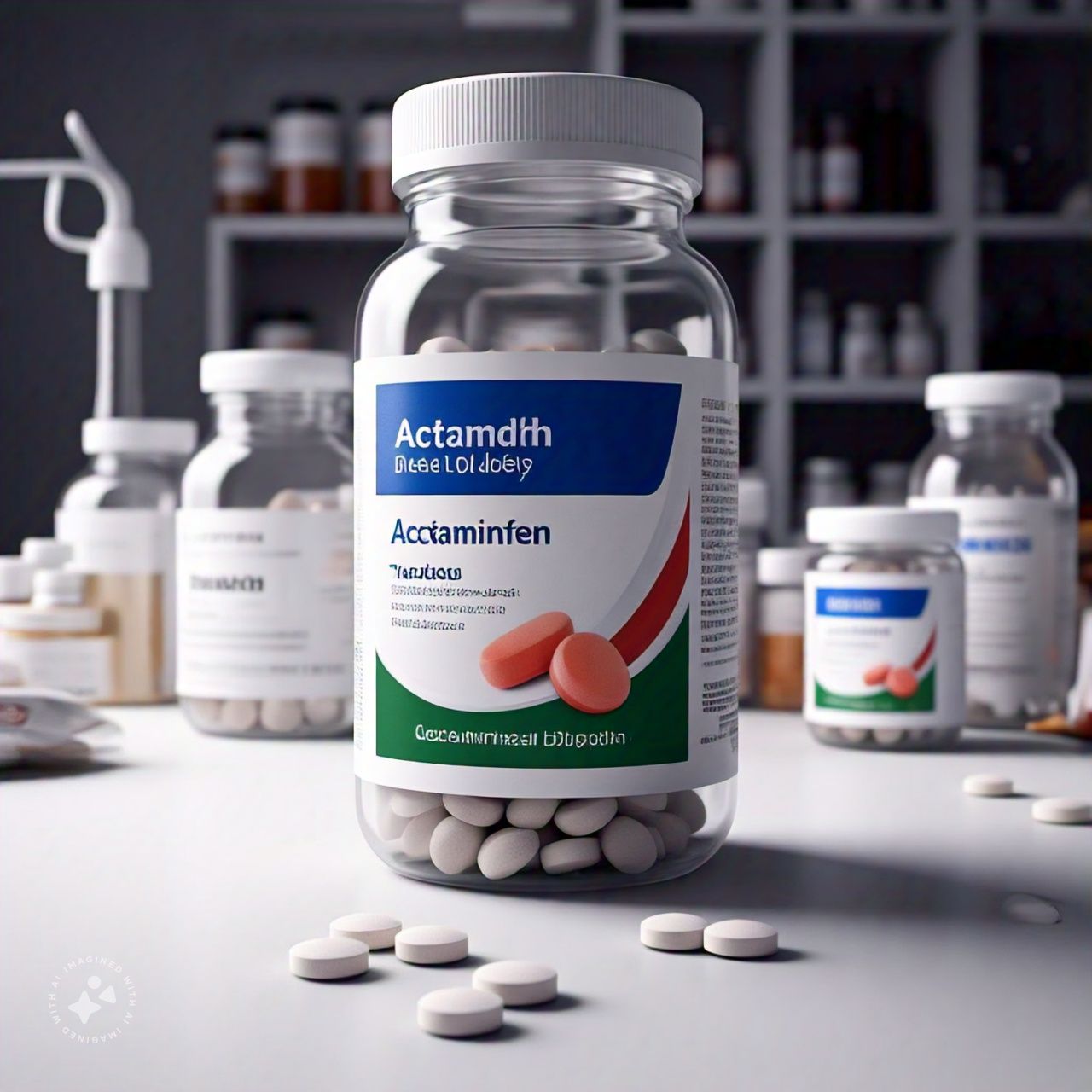
Acetaminophen or Paracetamol: A Health Hazard
Acetaminophen, known as paracetamol outside the United States and sold under brands like Tylenol, is widely used for its analgesic effectiveness.
Prolonged Use of Paracetamol in Adults Over 65: Health Risks
Paracetamol, known as acetaminophen in the United States and marketed under brands like Tylenol, is widely used for its analgesic effectiveness and perceived safety profile. However, recent research suggests that repeated use of this medication in adults over 65 may be associated with an increased risk of gastrointestinal, cardiovascular, and renal complications.
Recent Findings
A study conducted by the University of Nottingham, published in the journal Arthritis Care and Research, analyzed data from over 180,000 adults aged 65 and older who received repeated prescriptions for paracetamol. The results indicated a significant association between prolonged use of this medication and a higher risk of:
- Gastrointestinal complications: Increased incidence of peptic ulcers and gastrointestinal bleeding.
- Cardiovascular problems: Higher rates of heart failure and hypertension.
- Kidney diseases: Greater prevalence of chronic kidney disease.
These findings suggest that paracetamol may not be as safe as previously thought for this age group, particularly when used long-term to treat chronic conditions like osteoarthritis.
Potential Mechanisms of Harm
Although paracetamol is generally well-tolerated, it can have adverse effects on vital organs when consumed in high doses or over prolonged periods:
- Liver: Excessive use of paracetamol is a known cause of hepatotoxicity, potentially leading to acute liver failure.
(Source: HUFFPOST ESPAÑOL) - Kidneys: High doses can cause renal vasoconstriction, reducing blood flow and potentially leading to kidney failure.
(Source: CADENA SER) - Cardiovascular system: Some studies suggest paracetamol may influence blood pressure, increasing the risk of hypertension and adverse cardiovascular events.
Recommendations for Safe Use
Given the emerging evidence, healthcare professionals and patients should carefully consider the use of paracetamol in older adults:
- Medical Evaluation: Conduct a comprehensive medical assessment to identify potential risk factors before initiating long-term paracetamol therapy.
- Minimum Effective Dose: Use the lowest dose that provides relief, avoiding exceeding the maximum recommended daily dose (generally 3 grams for older adults).
- Regular Monitoring: Periodically monitor liver, kidney, and cardiovascular function in patients requiring prolonged paracetamol use.
- Therapeutic Alternatives: Consider other pain management approaches, including non-pharmacological therapies, for chronic pain in this population.
Conclusion
While paracetamol remains a valuable analgesic option, its repeated use in adults over 65 should be approached with caution. It is crucial to balance the benefits of pain relief with the potential health risks, adopting an individualized, evidence-based approach to pain management in this vulnerable population.











LEAVE A COMMENT:
Join the discussion! Leave a comment.